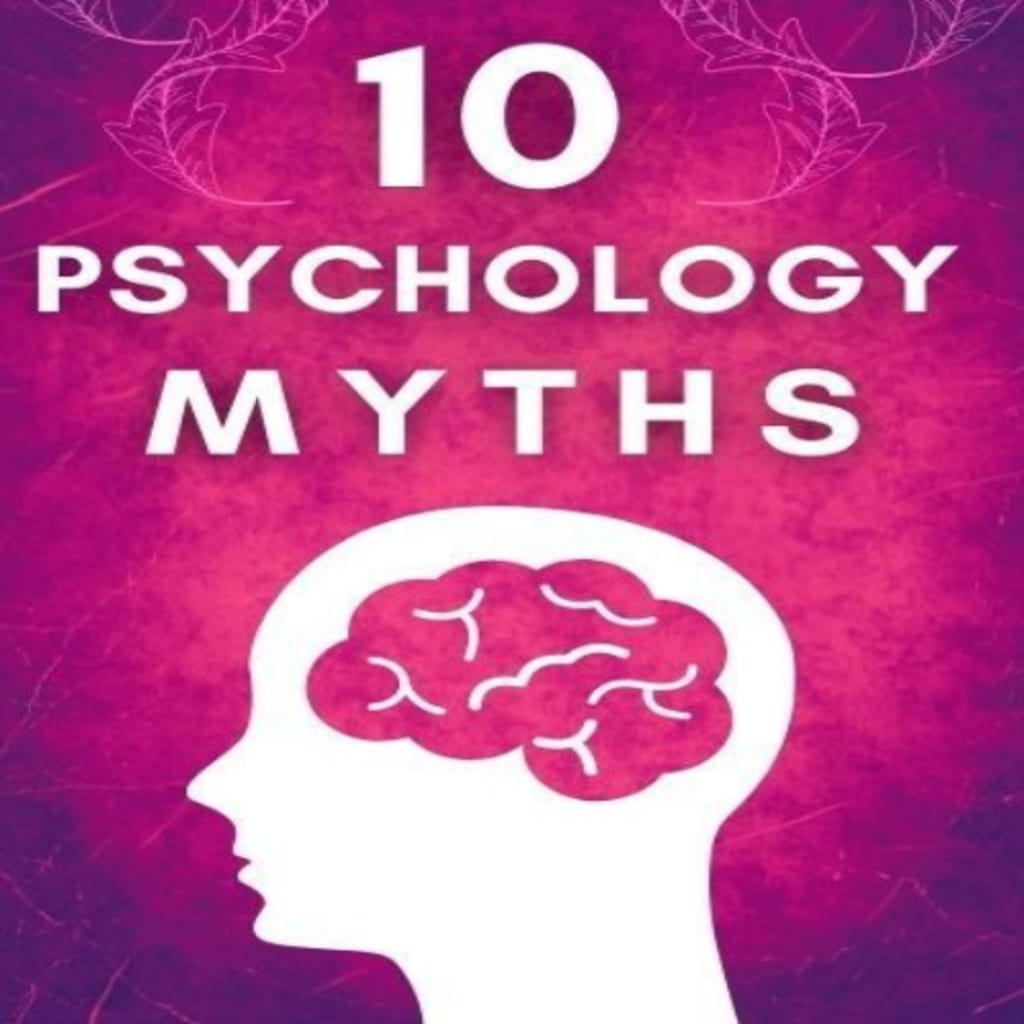Psychology Says!!
"The Psychology of Misconceptions: Understanding and Debunking Popular Myths"

Psychology is the scientific study of the human mind and behaviour, and it's a fascinating and constantly evolving field that seeks to understand the intricacies of what makes us who we are. From how we think, feel, and interact with the world around us to how we adapt and change over time, psychology has something to offer the one interested in understanding human nature.
Through research and experimentation, psychologists have uncovered many insights into how the brain works, how emotions and behaviours are linked, and how we can improve our mental health and well-being. The field has a wide range of sub-disciplines, including clinical psychology, social psychology, developmental psychology, cognitive psychology etc.
Whether you're interested in pursuing a career in psychology or simply curious about the workings of the human mind, the study offers a wealth of knowledge and insights into what makes us human.
But it's not always the right choice for many. Yes! You read it right. In this world of social media, we all have seen posts with the caption: ' Psychology says ', whereas psychology has never said those things. So let's dig deep and bust some common myths associated with psychology:
1. People use only 10% of their brain: This myth suggests that humans use only 10% of their brain capacity, and the rest is unused potential. In reality, the brain is constantly active, and all parts of the brain are engaged and in use. Although some areas may be more active than others depending on the given task.
2. Opposites attract: This myth suggests that people are attracted to those who are opposite in personality traits. However, research has shown that people are more likely to be attracted to ones who are similar to them in personality traits and values. So next time, when looking for the right person, go where the similarities are.
3. Lie detector tests are accurate: This myth suggests that lie detector tests, also known as polygraph tests, are authentic in detecting lies. However, no such scientific evidence is strong enough to support the accuracy of lie detector tests.
4. Schizophrenia means having multiple personalities: This myth suggests that people with schizophrenia have multiple personalities, which suggests why they behave in a certain way. But, in reality, this is a separate disorder called Dissociative Identity Disorder (DID). Schizophrenia is a mental disorder characterized by a disconnection from reality, including delusions and hallucinations.
5. All mental illnesses are caused by childhood trauma: This myth suggests that all mental illnesses and trauma are consequences of childhood trauma, but in reality, mental illnesses can have various causes, for example, genetics, environment, and life experiences. Freud may not be too happy to hear this, but 'it is what it is!'
6. People with mental health issues are violent and dangerous: People with mental health issues are not necessarily violent or dangerous. In fact, research shows that most people with mental health issues are not violent and are more likely to be victims of violence rather than perpetrators.
7. Memory works like a video recorder: Memory is not like a video recorder that records events precisely. Instead, memory is a constructive process that can be influenced by our beliefs, expectations, and emotions. Therefore, memories can be inaccurate or distorted.
8. Psychologists can read minds: Psychologists cannot read minds. Instead, psychologists use scientific methods to assess and diagnose mental health conditions and understand human behavior.
9. Therapy is only for people with severe mental health issues: Therapy is beneficial for people with various mental health issues, from mild to severe. Therapy can help people develop coping skills, improve relationships, and enhance overall well-being.
It's important to recognize and debunk these myths to have a better insight into the science of psychology and improve the way we think about and approach mental health.
About the Creator
Momina Faisal
We all need to start from somewhere so why not from here :)






Comments
There are no comments for this story
Be the first to respond and start the conversation.